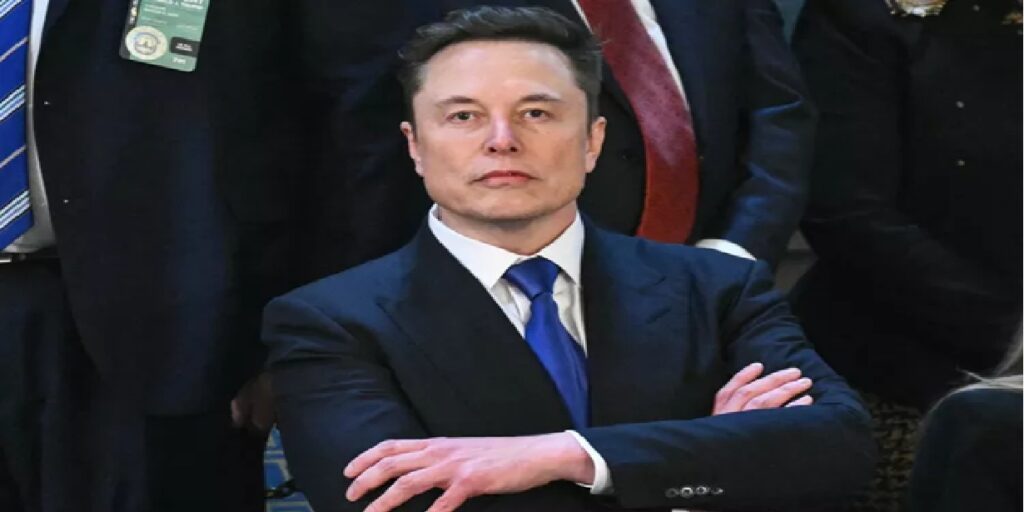Author: Akshay Published Date: 30 June 2025
1. The Big Reveal: “Today, the America Party is formed… to give you back your freedom”
On July 5, 2025, Elon Musk made a powerful announcement on his social media platform X:
“By a factor of 2 to 1, you want a new political party, and you shall have it!”
“Today, the America Party is formed to give you back your freedom.”
After years of disillusionment with both major parties, Musk formally launched his own centrist-fiscally conservative outfit, spotlighting widespread voter fatigue with the existing “uniparty.”
2. From Billionaire Benefactor to Political Architect
Musk’s transformation from mega-donor to party founder marks a significant evolution:
- In 2024, he became the largest individual donor to Donald Trump, funneling hundreds of millions via America PAC.
- He also led the Department of Government Efficiency (DOGE), focusing on trimming federal spending
- However, when Trump passed the “One Big Beautiful Bill”, Musk denounced it as “bankrupting our country.”
This pivot wasn’t sudden—it was a culmination of shifting alliances and fiscal frustrations.
3. Polling the Mood: Voter Fatigue Fuels Momentum
Before launching, Musk held a public poll on X:
- Question: “Independence from the two-party (some would say uniparty) system?”
- Response: Over 65% of ~5.6 million votes endorsed a new party
The poll—orchestrated by Musk—provided a mandate to build something resonating with an “80% middle,” appealing to disenchanted centrists.
4. What the “America Party” Stands For
Publicly, Musk has put forward a restrained but clear agenda:
| Core Principles | Description |
|---|---|
| Fiscal Conservatism | Slash deficit, cuddle debt, oppose wasteful spending. |
| Deregulation & Free Trade | Reopen markets and reduce government barriers |
| Skilled Immigration | Embrace high-skilled talent for economic growth |
| Middle-ground Politics | Appealing to centrists, not far-left or far-right camps |
While the ideology echoes neoliberalism or globalism, Musk frames it as a fresh voice for moderation.
5. Strategy: Target, Not Takeover
Musk isn’t aiming for sweeping dominance. His plan:
- Field candidates in selective races—2 to 3 Senate seats, 8 to 10 House seats—to act as legislative “kingmakers”.
- Use “concentrated force at precise locations”, echoing his reference to the Greek general Epaminondas.
His goal: to win influence without needing nationwide dominance.
6. Building the Structure: FEC Registration & Ballot Maze
Real-world hurdles loom large:
- The FEC filing came on July 6, marking formal entry.
- Every state has distinct ballot access rules, signatures, or registration quotas—some requiring hundreds of thousands of signatories.
- Legal defenses will be inevitable, with the two-party system entrenched in law and practice.
Analysts caution that even well-funded efforts take years to materialize.
7. Criticism & Caution from Experts
Musk’s move has triggered mixed reactions:
- Washington Post Warns that the U.S.’s electoral system is “not welcoming to third parties”.
- CBS News emphasizes the complexity of state laws and six-figure signature requirements.
- Libertarian Party Chair: Recommended Musk integrate with existing structures, such as the Libertarians.
Musk appears ready to build from scratch, despite these cautionary tales.
8. The Trump Factor: A Broken Political Alliance
Musk’s entry disrupts GOP dynamics:
- Once a staunch Trump ally, he now opposes the post-hoc “Big Beautiful Bill”, accusing Trump-aligned lawmakers of sabotage.
- Trump threatened repercussions, potentially pulling subsidies from Musk’s companies.
This public spat cements Musk as a spoiler for the conservative base.
9. Can Musk Do What Others Couldn’t?
- The Forward Party, founded in 2021 by Andrew Yang, has struggled to gain traction.
- Historic attempts (e.g., Green, Libertarian, Reform Parties) have seen limited success.
Will Musk’s name recognition and financing provide a real breakthrough, or be another addition to the list of third-party tragedies?
10. Why the America Party Matters Now
- Strategic timing: Set to target the 2026 midterms, with infrastructure laid.
- Messaging leverage: Tapping into voter frustration with partisan gridlock and runaway spending.
- Kingmaker potential: A few pivotal seats could shift legislative outcomes.
If Musk’s gamble pays off, he may rewrite the U.S. party map. If it fails, it could consolidate two-party dominance.
